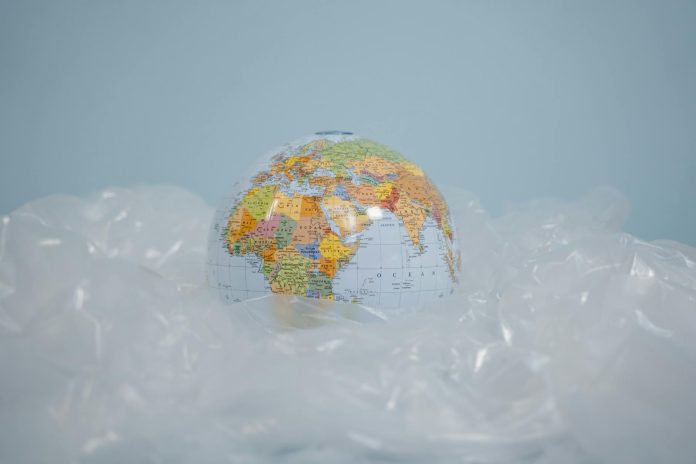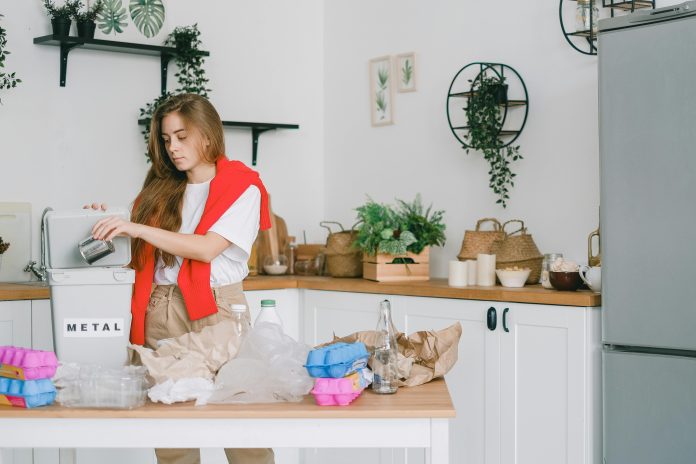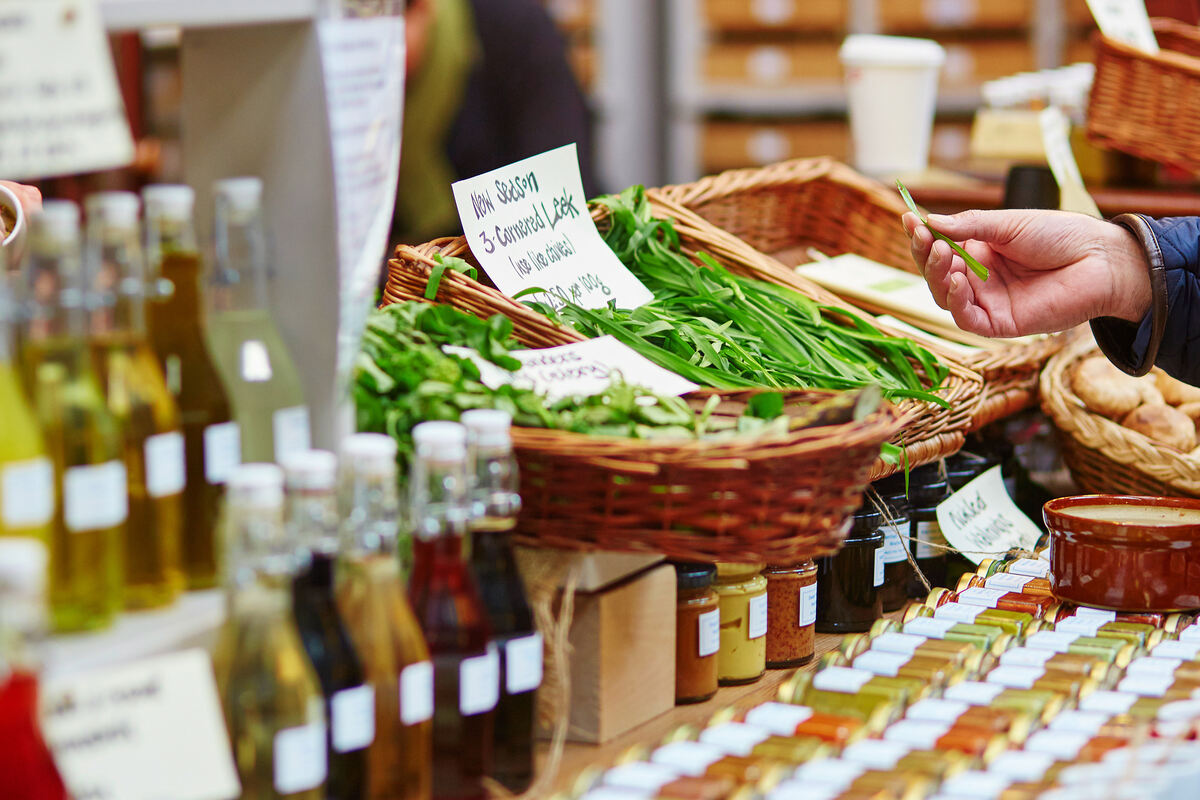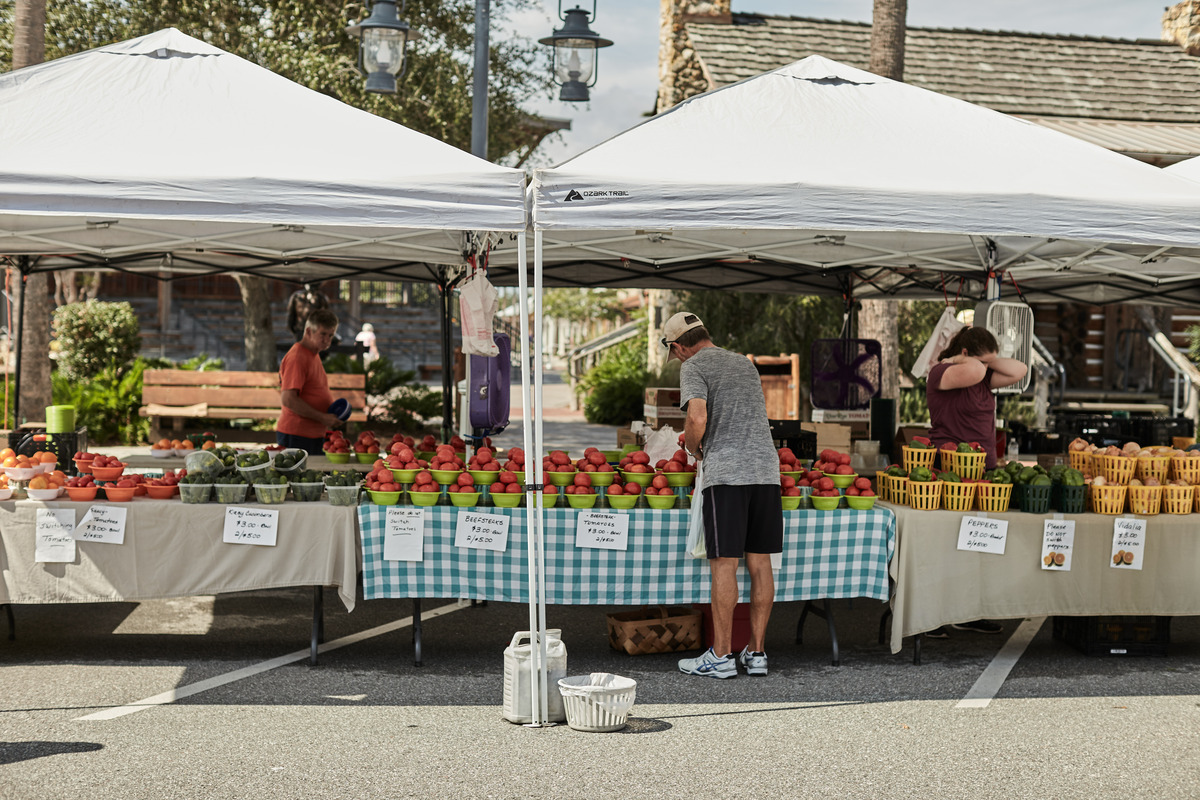Ever feel like you’re drowning in stuff? Closets overflowing, kitchen drawers jam-packed with gadgets you forgot you owned? You’re not alone. Consumer culture has us convinced that more is better: more clothes, more gadgets, more of everything. But what if less is actually the key to a richer, more fulfilling life?
Minimalist living isn’t just about decluttering for the sake of a tidy home. It’s a lifestyle shift that helps reduce waste, lower stress, and even save you some serious cash. And here’s the kicker, it’s also one of the easiest ways to be more eco-friendly without making drastic changes to your life.
The Hidden Cost of Overconsumption

Think about the last thing you bought on impulse. Maybe it was a trendy sweater, a new phone case, or yet another kitchen tool that promised to change your life. Now, ask yourself: did you actually need it?
Most of us buy way more than we use. And every product we purchase comes with an environmental price tag. Manufacturing requires raw materials, water, and energy. Shipping adds carbon emissions. And when we’re done with it? Landfills and oceans are filling up with discarded “stuff” faster than ever.
Take fast fashion, for example. The industry produces billions of garments every year, most of which end up being worn a handful of times before getting tossed. That’s a massive waste of water, fabric, and labor, not to mention the pollution from textile dyeing and microplastics shed by synthetic fabrics. And it’s not just clothing. Electronics, plastic packaging, and single-use items all contribute to a growing global waste problem.
The more we consume, the bigger the problem becomes. It’s a cycle fueled by advertising and social pressure, making us feel like we constantly need more: more outfits, more home décor, more tech upgrades. But what if we flipped the script? What if, instead of chasing the next big thing, we focused on making the most of what we already have?
Minimalism: A Win for You and the Planet
Minimalist living isn’t about getting rid of everything you own. It’s about being intentional with what you keep. When you shift your focus from more to better, you naturally make more sustainable choices.
- Instead of cheap, trendy fashion, opt for timeless, durable pieces that last.
- Instead of upgrading your phone every year, use it until it actually stops working.
- Instead of cluttering your home with impulse buys, invest in things that truly add value to your life.
A funny thing happens when you start cutting back: you realize how little you actually need to be happy. Less clutter means less stress. Fewer decisions mean more mental clarity. And best of all? You’ll likely end up saving a ton of money in the process.
The Connection Between Minimalism and Sustainability

When you live with less, you consume fewer resources. And when you do buy things, you tend to choose quality over quantity, reducing the demand for cheap, mass-produced goods that harm the environment.
Minimalism also encourages mindful habits like:
- Repairing and repurposing items instead of replacing them.
- Choosing second-hand or ethically sourced products.
- Cutting back on waste, whether it’s plastic packaging, energy use, or food waste.
At its core, minimalism and sustainability go hand in hand. The less we consume, the lighter our footprint on the planet.
Minimalism = More Money in Your Pocket

Let’s be honest: consumerism is expensive. We work hard to earn money, then spend it on things we don’t need, only to end up feeling like we never have enough. It’s a vicious cycle.
But when you embrace minimalism, your expenses naturally go down.
- Fewer impulse buys = more money for things that truly matter.
- Smaller living spaces (because you don’t need extra storage) = lower rent or mortgage costs.
- Less energy consumption (fewer electronics, less waste) = lower utility bills.
And here’s something else to consider, simplifying your finances makes it easier to reach long-term goals. Whether it’s saving for a big purchase or going through the loan application steps for a home or car, having a minimalist mindset helps you stay focused on what truly matters instead of unnecessary spending.
Think about it this way: Every dollar you don’t spend on things you don’t need is a dollar you can put toward something meaningful, whether it’s an emergency fund, travel, or even early retirement. Minimalism isn’t just about decluttering your space; it’s about decluttering your finances too.
Easy Ways to Start Living with Less

You don’t have to sell everything and move into a tiny home to embrace minimalist living. Small, practical changes can make a big difference.
Declutter Mindfully
- Instead of throwing things away, donate, recycle, or repurpose items when possible.
- Go through one area at a time: start with your closet, kitchen, or storage room.
- Ask yourself: Do I use this regularly? Does it add value to my life? If not, let it go.
Shop with Intention
- Before buying something new, ask: Do I really need this? Will I use it often?
- Consider borrowing or renting instead of buying (especially for things like tools or formal wear).
- Avoid sales traps, just because it’s on sale doesn’t mean it’s a good deal if you don’t actually need it.
Cut Down on Waste
- Opt for reusable alternatives: water bottles, shopping bags, and coffee cups.
- Buy in bulk to reduce packaging waste.
- Plan meals to avoid food waste and unnecessary grocery trips.
Reduce Energy Use
- Unplug devices when they’re not in use.
- Switch to energy-efficient appliances.
- Use natural light whenever possible instead of artificial lighting.
The great thing about minimalism is that you don’t have to change everything at once. Start small. Every little step adds up to a simpler, more intentional life.
Final Thoughts: The Power of Owning Less
At the end of the day, minimalist living is about freedom, freedom from clutter, debt, and the never-ending pressure to keep up with trends. It’s about making conscious choices that benefit both your well-being and the planet.
Minimalism isn’t about deprivation, it’s about making space for what truly matters. When you focus on quality over quantity, experiences over stuff, and mindful spending over mindless shopping, life becomes lighter, easier, and more fulfilling.
So, why not give it a try? Start small. Clear out one drawer, say no to an unnecessary purchase, or choose quality over quantity the next time you shop. Every little step adds up, to a lighter, more intentional life that’s easier on your wallet and the Earth.











